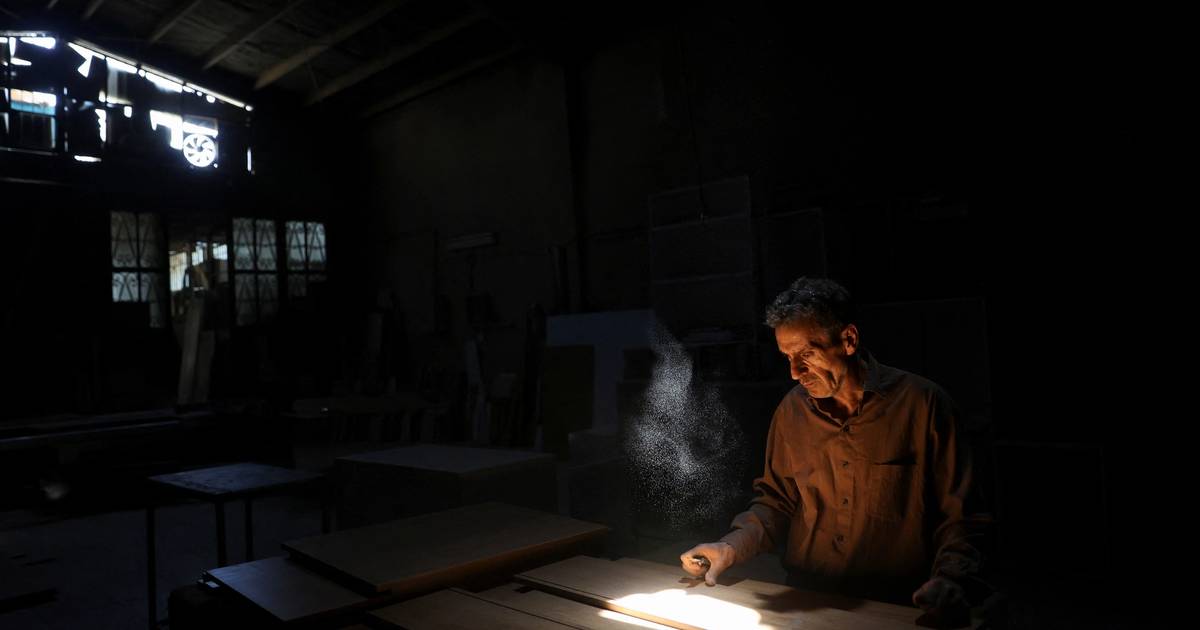
Similar Posts
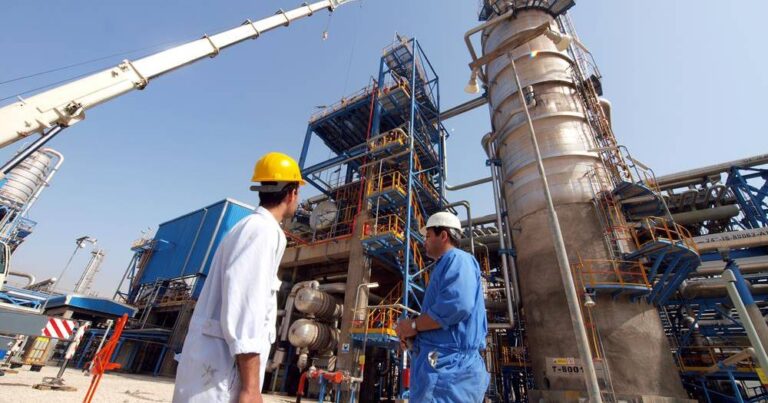
Massive Layoffs: Iranian Oil Workers Dismissed Amid Wage Protest Uprising
In Iran, nearly 150 welders at the Tehran Refinery were dismissed amid protests over four months of unpaid wages, highlighting a crackdown on labor dissent. Additionally, 15 representatives of oil contract workers face potential dismissal for advocating better working conditions for around 120,000 workers. Despite ongoing protests since 2022, including demands for wage standardization and benefits, significant changes remain elusive. The Iranian government has intensified repression, resulting in layoffs, wage cuts, and legal repercussions for protesting workers. This situation raises serious concerns about workers’ rights in Iran as the government continues to suppress calls for fair treatment.
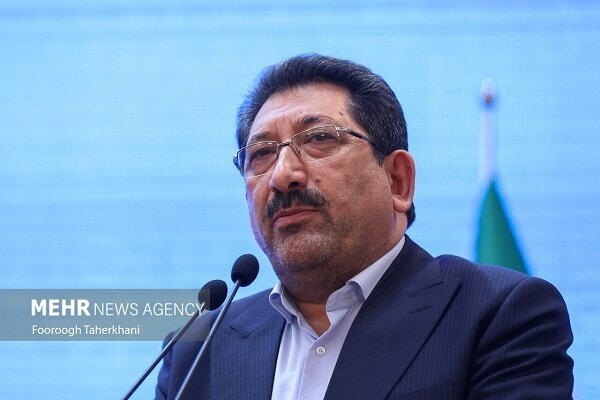
Iran Sees 11% Surge in International Trade Transactions
The 7th Export Potential Exhibition of the Islamic Republic of Iran, “Iran Expo 2025,” was inaugurated at the Tehran International Fairgrounds, highlighting Iran’s commitment to expanding global trade despite US sanctions. The Minister of Industry reported that Iran exported 152 million tons of goods worth $57.8 billion in the last calendar year, with total trade exchanges rising to $130 billion, an 11% increase. The emphasis on economic diplomacy and the need to enhance trade agreements were key points made. This exhibition serves as a platform for Iranian businesses to showcase products and establish international connections, aiming to boost the economy amid challenges.
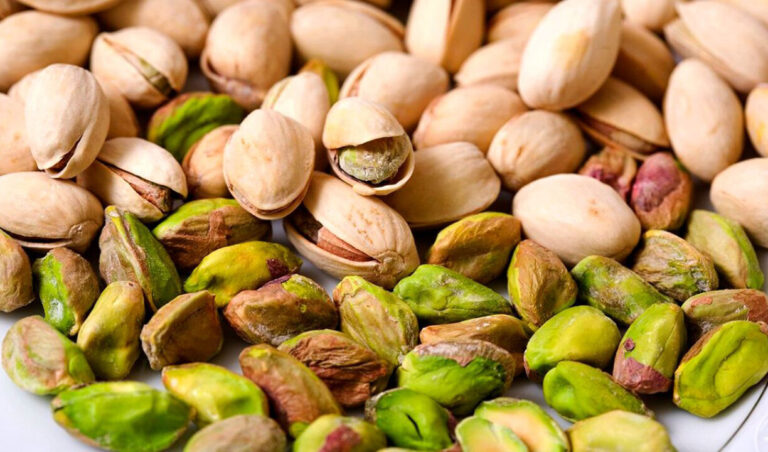
Iran Sees 40% Surge in Pistachio Exports in H2 2024, Reports Official
Iran has regained its status as a leading exporter of high-quality pistachios, driven by increased domestic production and a decline in U.S. exports. Jalil Karbakhsh-Ravari, an industry expert, notes that the gap left by American products has heightened global demand, particularly from emerging markets like China, India, and the UAE. In the last month of the previous Iranian calendar year, Iran exported 16,000 tons of pistachios, reflecting strong international interest. By enhancing production practices and marketing strategies, Iran aims to solidify its position in the global market, marking a promising future for its pistachio industry.

Iran’s Dairy Industry Soars: Annual Exports Double to Nearly $1 Billion!
Iran’s dairy exports have surged, reaching over 0.587 million metric tons valued at approximately $948.9 million in the 11 months leading to late February. This marks a 19% increase in volume and a 43% rise in value compared to the previous year, driven by high demand for Iranian dairy products. Notably, powdered milk accounted for 38.6% of exports, generating $366.7 million, while cheese exports rose by 17% to $146.2 million. Butter exports skyrocketed by 262% to $169.9 million. This growth reflects Iran’s strategy to diversify its economy and enhance its agricultural sector amidst fluctuating oil revenues.
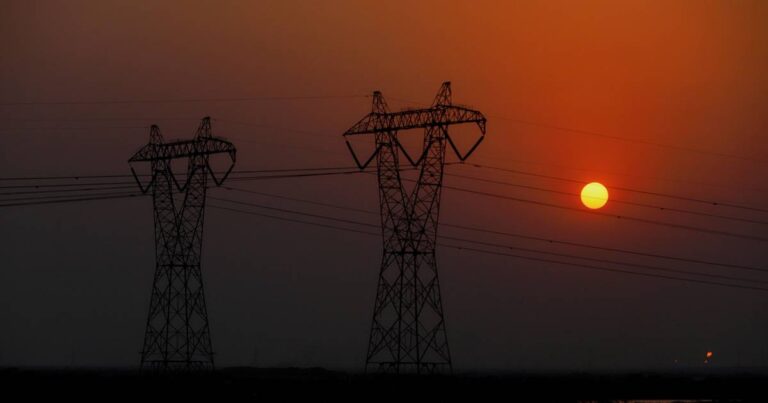
Iraq Faces Energy Crisis as US Ends Iranian Energy Waivers, Officials Warn
The expiration of a US sanctions waiver allowing Iraq to buy Iranian energy has created short-term operational challenges for the country, as stated by Iraqi Prime Minister’s foreign affairs adviser, Farhad Alaaeldin. Despite these difficulties, Iraq remains committed to achieving energy self-sufficiency and is exploring alternatives to maintain electricity supply. The Trump administration’s decision aims to reduce Iran’s economic relief and encourages Iraq to reduce its dependence on Iranian energy, which only accounted for 4% of its electricity consumption in 2023. The situation presents opportunities for US companies specializing in energy solutions as Iraq seeks to enhance its energy sector resilience.
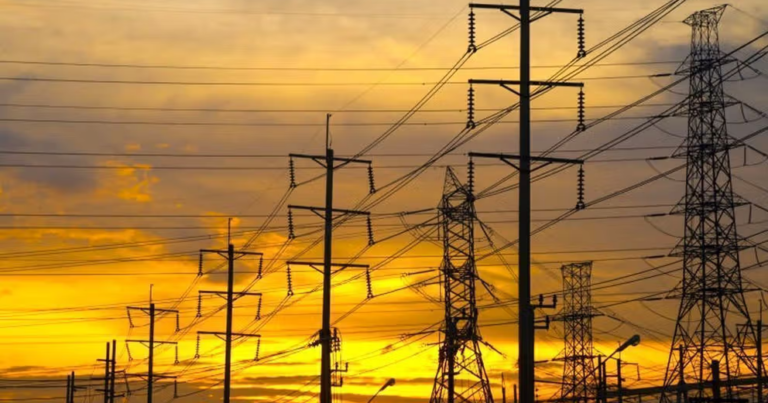
Iran Launches Solar Panel Initiative in Government Offices to Combat Energy Shortage
Iran’s President Masoud Pezeshkian has ordered the installation of solar panels in government offices to combat the country’s energy shortages, as reported by state media. This initiative is part of a broader strategy to address energy imbalances through equitable policies and community involvement. Pezeshkian emphasized modernizing heating equipment, banning inefficient appliances, and expanding smart meters. Iran faces significant energy challenges, including aging infrastructure and international sanctions, which have led to widespread electricity shortages and gas deficits. The government’s focus on renewable energy and public engagement aims to create a more sustainable energy future for the nation.